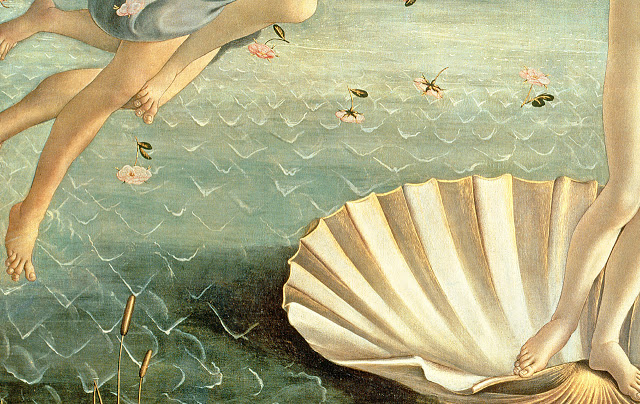High Court of Dheli, decisione del 2 luglio 2009
N THE HIGH COURT OF DELHI AT NEW DELHI
No.7455/2001
Date of decision : 2nd July, 2009
Naz Foundation …. Petitioner
Through: Mr.Anand Grover, Sr.Advocate with
Mr.Trideep Pais, Ms.Shivangi Rai and
Ms.Mehak Sothi and Ms.Tripti
Tandon, Advocates
versus
Government of NCT of Delhi
and Others …. Respondents
Through : Mr.P.P. Malhotra, ASG with Mr.Chetan Chawla, Advocate for UOI.
Ms.Mukta Gupta, Standing Counsel
(Crl.) with Mr.Gaurav Sharma and Mr.Shankar Chhabra, Advocates for GNCT of Delhi.
Mr.Ravi Shankar Kumar with Mr.Ashutosh Dubey, Advocates for respondent No.6/Joint Action Council Kannur.
Mr.H.P.Sharma, Advocate for respondent No.7/Mr.B.P. Singhal.
Mr.S.Divan, Sr. Advocate with
Mr.V.Khandelwal, Mr.Arvind Narain,
Ms.S. Nandini, Mr. Mayur Suresh,
Ms.Vrinda Grover and Mr.Jawahar Raja, Advocates for respondent No.8-Voices against 377.
CORAM:
HON’BLE THE CHIEF JUSTICE
HON’BLE DR. JUSTICE S.MURALIDHAR
1.Whether reporters of the local news papers be allowed to see the judgment? Y
2.To be referred to the Reporter or not ? Y
3. Whether the judgment should be reported in the Digest?Y [WP©7455/2001]
[. . .]
CONCLUSION
129. The notion of equality in the Indian Constitution flows from the ‘Objective Resolution’ moved by Pandit Jawaharlal Nehru on December 13, 1946. Nehru, in his speech, moving this Resolution wished that the House should consider the Resolution not in a spirit of narrow legal wording, but rather look at the spirit behind that Resolution. He said, ”Words are magic things often enough, but even the magic of words sometimes cannot convey the magic of the human spirit and of a Nation’s passion…….. (The Resolution) seeks very feebly to tell the world of what we have thought or dreamt of so long, and what we now hope to achieve in the near future.” [Constituent Assembly Debates: Lok Sabha Secretariat, New Delhi: 1999, Vol. I, pages 57-65].
130.If there is one constitutional tenet that can be said to be underlying theme of the Indian Constitution, it is that of ’inclusiveness’. This Court believes that Indian Constitution reflects this value deeply ingrained in Indian society, nurtured over several generations. The inclusiveness that Indian society traditionally displayed, literally in every aspect of life, is manifest in recognising a role in society for everyone. Those perceived by the majority as “deviants’ or ’different’ are not on that score excluded or ostracised.
131. Where society can display inclusiveness and understanding, such persons can be assured of a life of dignity and non-discrimination. This was the ’spirit behind the Resolution’ of which Nehru spoke so passionately. In our view, Indian Constitutional law does not permit the statutory criminal law to be held captive by the popular misconceptions of who the LGBTs are. It cannot be forgotten that discrimination is anti-thesis of equality and that it is the recognition of equality which will foster the dignity of every individual.
132.We declare that Section 377 IPC, insofar it criminalises consensual sexual acts of adults in private, is violative of Articles 21, 14 and 15 of the Constitution. The provisions of Section 377 IPC will continue to govern non-consensual penile non-vaginal sex and penile non-vaginal sex involving minors. By ’adult’ we mean everyone who is 18 years of age and above. A person below 18 would be presumed not to be able to consent to a sexual act. This clarification will hold till, of course, Parliament chooses to amend the law to effectuate the recommendation of the Law Commission of India in its 172nd Report which we believe removes a great deal of confusion. Secondly, we clarify that our judgment will not result in the re-opening of criminal cases involving Section 377 IPC that have already attained finality. We allow the writ petition in the above terms.
CHIEF JUSTICE
S.MURALIDHAR, J
JULY 2, 2009



